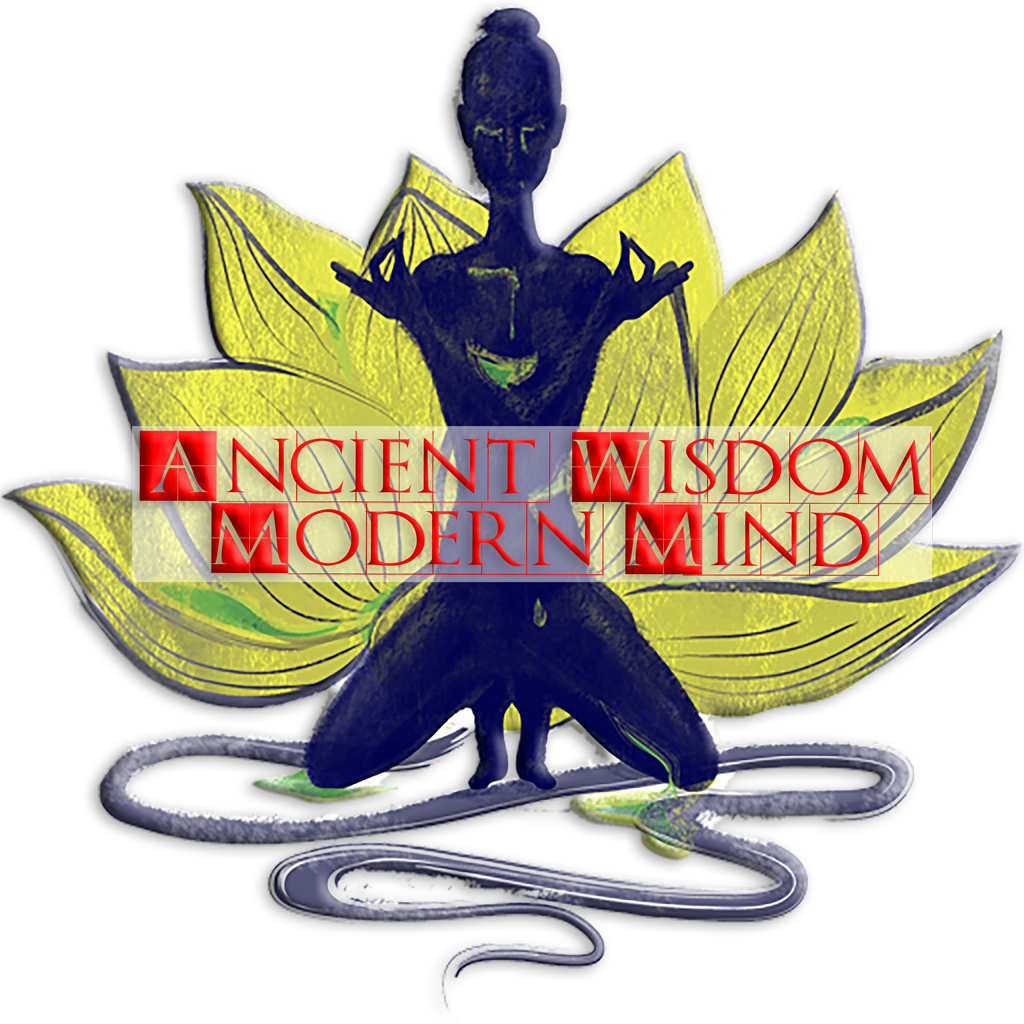Understanding Zen Meditation through the Tale of The Samurai and The Tea Master
If you would like to learn about Zen mediation then I have also created the Zazen Compilation ALBUM (The Complete Zen Collection to understanding Zen, Zazen and Kinhin, including guided meditations), follow the link.
What is zen meditation? How was the tea master able to defend himself against the samurai warrior?
Hello, Jason Cain here and welcome to the Ancient wisdom modern mind podcast and today would like to share The Tale of the Samurai and the Tea Master. This tale is a guide to understanding Zen Buddhism and Zen Meditation, which expresses the essence of Zen in the act of perfection.
“Zen is the essence of all that is of value, all that is worthy of being worshiped and as such should be smashed if we get the slightest chance.” This statement is understood if we understand that Zen is purely subjective, and dangerous, and indeed variable, Zen instructs us to have courage, and say again and again, “All that can be shaken shall be shaken!” and if nothing remains, let it be so.
Zen means doing anything in perfect harmony, even making perfect mistakes, being defeated perfectly and succeeding perfectly. It means that one is mindful of their full action, you detach from the emotion of the moment and become aware or mindful of your actions. Zen is also about letting go, but letting go in perfection, if you know you are going to fail then fail perfectly.
For centuries tea has been a symbol of inner harmony, especially in the time-honored country of Japan. Indeed, the Ancient Japanese honed the craft and the art of the tea ceremony. The Orient's appreciation for tea is even viewed in its rich, ancient tea legends that were designed to instruct people as to the methods of unlocking their own inner peace, their Zen.
The Samurai and the Tea Master is just such a tale that capitalizes on the power of inner tranquility over outward strength. The story is set in Ancient Japan, and the hero is not a Samurai, but a tea master.
Zen's major emphasis is not on scriptural authority, but instead places more importance on the act of mind, body and the spoken word to convey religious truth.
Zen expresses its religious practice through the act of specific physical actions:
Simplicity or elimination of clutter - Kanso (簡素),
Asymmetry or Irregularity - Fukinsei (不均整),
Naturalness - Shizen (自然), Subtlety - Yugen (幽玄),
Break from routine - Datsuzoku (脱俗),
Stillness, Tranquility - Seijaku (静寂),
Austerity - Shibui/Shibumi (渋味).
Please listen to the podcast untill the end, and if you have any question let me know at comments.
If you would like to learn about Zen mediation then I have also created the Zazen Compilation ALBUM (The Complete Zen Collection to understanding Zen, Zazen and Kinhin, including guided meditations), follow the link.
Letter of Support
Hello my friends, the patronage of regular followers is greatly appreciated and is the true spirit of mutual self-love… So, if you find any value or joy in the content, please consider becoming a Supporting Patron by downloading Podcasts for a small supporter’s remuneration or by purchasing Meditation audios or books from the Books & Meditation Audios page or by clicking the Supporters Link, and this one simple act makes a huge difference.
👍 share and Stay safe.
References
// IMAGE S O U R C E: Samurai Warrior | License to use Creative Commons Zero - CC0 © Wikilmages
// BACKGROUND M U S I C: Japanese Background Music
// INFORMATION S O U R C E: Mysticism Christian and Buddhist | Suzuki, (Taitaro) 1957, Mysticism Christian and Buddhist. New York.
// INFORMATION S O U R C E: A History of Chinese Philosophy | (Fung Yu) 1952. New York. Princeton, New Jersey

